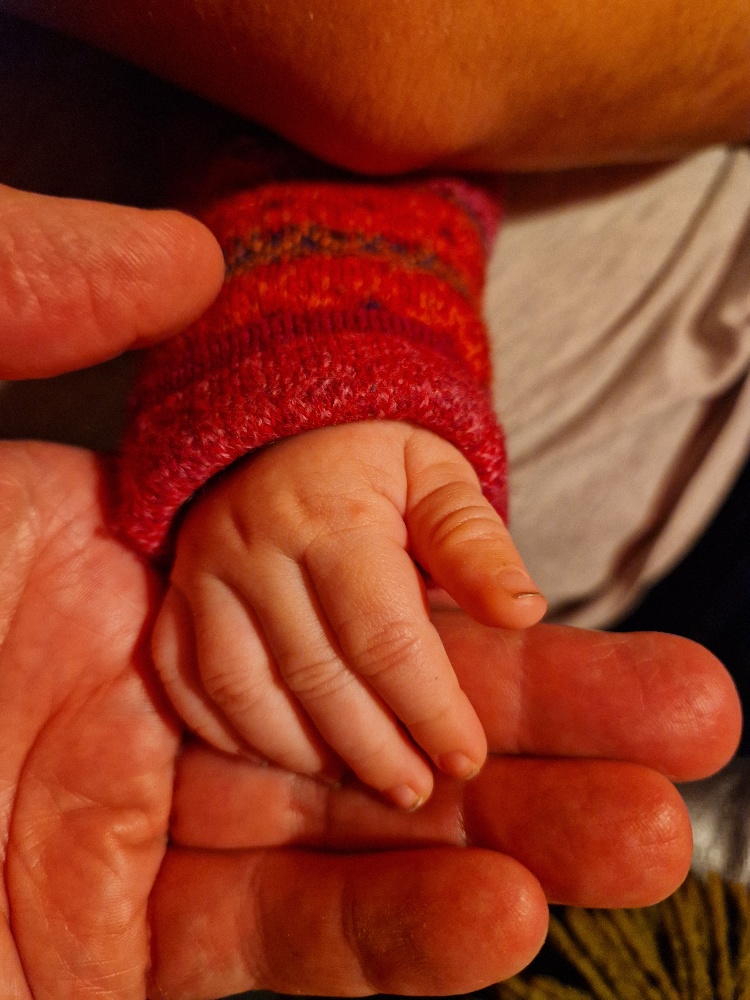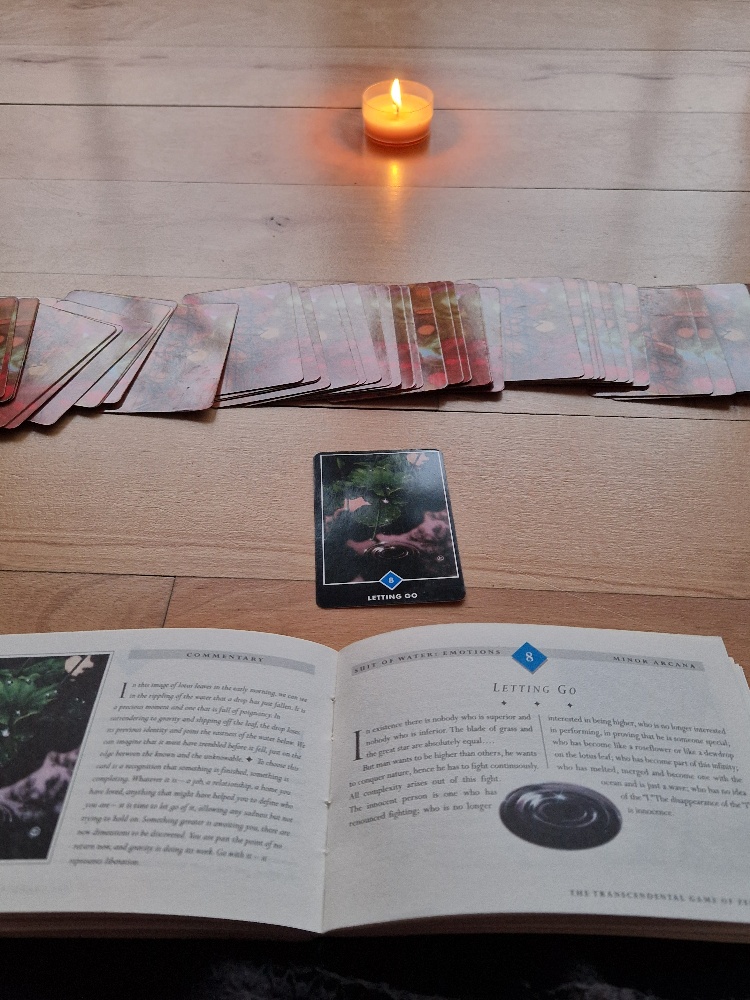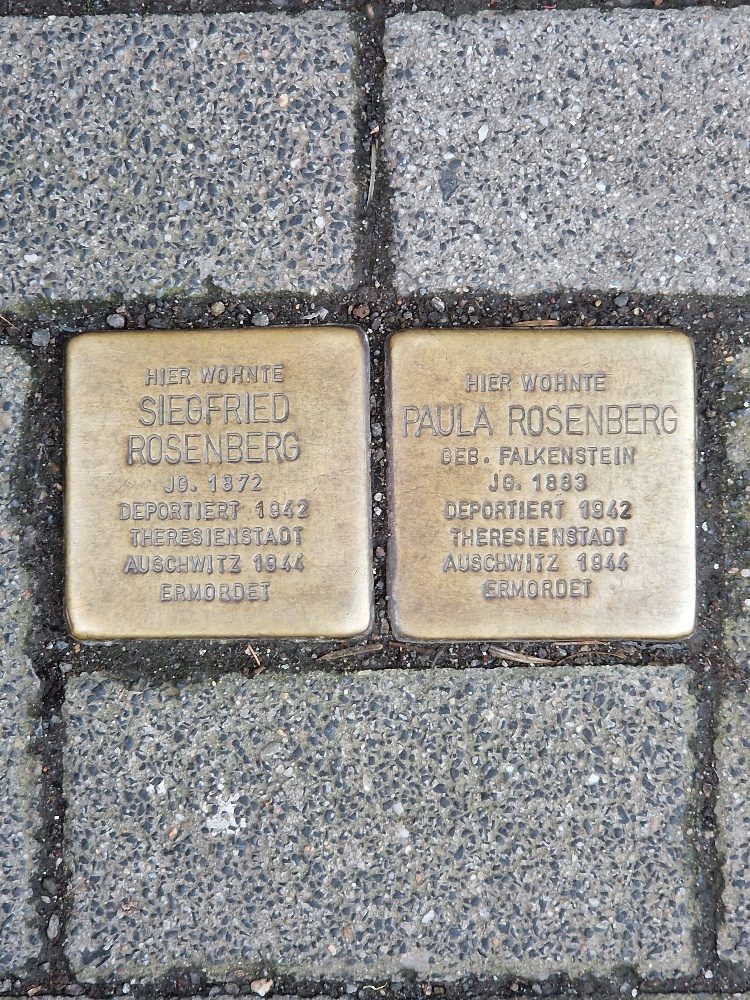Change the way you look at things, and the things you look at change.
Wayne Dyer
A miracle is a shift from fear to love.
Marianne Williamson
Dante’s description of hell is totally different from that of the of Aquinas. Aquinas’ hell is simply like the one in Joyce’s thing here („Wandering Rocks“ episode in Ulysses), overall punishment. You’re in there suffering, suffering, suffering. Dante makes the hell exactly proper to the person’s sin. That your hell is what your sin was. Hell consists in being fixed to your temporal commitment. The thing that your ego decided was the great thing for your life becomes your hell. You don’t break past it to the beatific radiance. You stay with the thing, and that is hell. Hell is the place of being fixed. This is the way it’s read also in Buddhist and Hindu and Jain and Persian thinking.
Joseph Campbell, Talk on the Life and Work of James Joyce.
Carl Jung, Joseph Campbell, and James Joyce rank among the most influential teachers in my life. A video of a Joseph Campbell talk, or rather the Q&A which followed that talk, came up in my social media feed this morning. It has inspired me to reflect and elaborate on the contents thereof, parts of which are quoted verbatim in this essay.
In an answer to a question on Dante’s influence on Joyce, Campbell discusses three points: Dante’s view of hell as compared to Aquinas, the notion of transcendence, and living life with a joyful participation in the sorrows of the world.
Before diving in, it is perhaps helpful to provide some biographical context. As a child growing up in Ireland in the sixties and seventies, I was exposed to the „Hellfire and Brimstone“ ideology of the classic medieval, fundamentalist Catholic tradition (punishment, punishment, punishment).
Unfortunately, during my early years, there was nobody within my orbit who could or would help decipher the literal stratum of scripture, to penetrate to the metaphorical and even deeper levels. Nobody who could, — as Campbell does so well in such talks — take us to deeper levels of understanding, to unfold the messaging of the great mystic traditions as an effective tool to navigate the mysteries of how to „wake up“ spiritually and „grow up“ psychologically, as we unfurl our true potential going through life.
The good news is that many such wonderful teachers have appeared on my path since adolescence, showing up seemingly just when needed. A further important factor in my „Hero’s Journey“ is my descent into the hell of addiction (crucifixion), the experience of Hitting Bottom (hell), and my ongoing participation in the ensuing „joyful participation in the sorrows of life“ (recovery and growth towards emotional sobriety).
The Twelve Steps, as practised in the original AA community and other more recently evolved fellowships (i.e., ACA), provide a practical framework for this process of waking up, recovery, healing, growth, and redemption, all embraced in the principle of „progress, not perfection, one day at a time.“
After the quote cited above, Campbell continues: Hell is symbolic of the state of the soul that doesn’t open to the spiritual but remains stuck with the material aspect, with the foreground, you might say, of the experience. It doesn’t break through.
Now, Aristotle’s term „catharsis“, — how through pity and terror we are purged — is a ritual term, and it means being purged of your rational ego commitment system and opened out so that you become transparent to transcendence. Until you have become transparent to transcendence you will not be eligible to behold the beatific vision, to experience the vision of God as of God.
As all good teachers do, he provides an example to help deepen our understanding: You would not be eligible, or Stephen here, would not have been eligible to behold that girl in the stream as a dove of revelation of the Spirit if his eye had been caught by lust for her girlhood. Do you see this? In terms of Indian Hindu thinking, he looks at her not in the way of chakra 2 but of chakra 6. She is a vision, a revelation opening the fair courts of life, calling him to life, not to lust. I mean it’s a very interesting shift of perspective and that’s all it is.
That is what the Twelve Steps are all about: a shift in perspective. Before we begin the journey of recovery, we are caught firmly in a trap that we cannot spring through self-sufficiency or mere egoic willpower (ergo the need for a „Higher Power“ of our own understanding).
We also suffer from a chronic perception disorder because of having lived so long in chaos, overwhelmed mode, denial, delusion, and the suppression of all the emotions we could not process or endure during the first, formative years of our lives. As traumatised adult children, we see the world as we are, not as it is.
Recent research tells us that the woundedness we experienced in childhood is anchored in every cell of the body. „The Body Keeps the Score“ by Bessel van der Kolk presents very persuasive arguments to support this thesis. „The issue is in the tissue“, as we say in recovery meetings.
Since we cannot think our way into new ways of behaving but can only act our way into new ways of thinking, recovery must be recognised as comprising 20% insights and 80% practice, and lived as such. We refer to a „Programme of Action“.
Again, recent insights in the realm of neuroscience provide reasons to be optimistic on this front. We can (using state-of-the-art imaging technology) observe neural pathways related to discontinued behaviours (in my case drinking alcohol, ruminating, suppression of anger) wither and die after a certain period of disuse.
On the other hand, new behaviours (taking regular exercise, daily meditation, etc.) lead to the emergence and growth of new neural pathways which, once cultivate, are maintained and strengthened by daily practice. We humans have the capacity to re-write the script of our psyche and re-programme our bodies.
This must be an ongoing practice, just as physical fitness can be maintained only through regular and frequent training. We all know what happens when we stop for a month, for whatever reason. Our next visit to the gym shows us that we have reverted to palpably lower levels of fitness.
The Positive Intelligence (PQ) Mental Fitness modality, which I use in my coaching, runs on the exact same principles. By identifying and intercepting our Saboteurs (Judge, Controller, Pleaser, Hyper-rational, etc.) before they propel us into impulsive (often destructive) reactions, by cultivating the Sage response abilities of Compassion, Explore, Innovate, Navigate, and Activate, and by strengthening our capacity to shift for Saboteur to Sage (Mind Command Muscle), we gradually get to widen the gap between stimulus and response, allowing us to interact with self, others, and circumstances in a more conscious, loving, and kind manner.
In his forward to Alex Pattakos’ book on Viktor Frankl, published in 2010, Stephen Covey writes: „The space between what happens to us and our response, our freedom to choose that response, and the impact it can have upon our lives, beautifully illustrate that we can become a product of our decisions, not our conditions. . . We have the power to choose our response to our circumstances; indeed, we have the responsibility, and if we ignore this space, this freedom, this responsibility, the essence of our life and our legacy could be frustrated.“
Campbell continues to braid his insights as follows: And I thought yesterday after I had gone through the problem of the Fall and the Redeemer, there are two ways for the Spirit to enter the world. One is the in the way of the fall and the other is in the way of the Saviour — Christ who comes out of love intentionally into the world — and all you must do to transform your hell into a paradise is to turn your fall into a voluntary act. There’s this saying, you know, in athletics: „If you’re falling, dive!“ Say „yay“ to it. This is my intention; to be this mess that I am, and you’ll find that you’re an angel. It’s a very interesting thing.
In recovery we learn to embrace „what is“ as a first step towards „living life on life’s terms“. Only by embracing and owning the life we have had, and have at this very moment, regardless of our appraisal of how „bad“ it might appear to be, can we progress in growth and healing.
In recovery communities, we find the support that we need. Fellows, — already growing in sobriety on the recovery path — model, through their own behaviour, the ability to trust again, to clear away the wreckage of the past, to pass on the gifts of recovery as they are received, and to live a life of purpose in responsibility rather than reactivity, a life which can be happy, joyous, and free.
Campbell concludes his reflections with the following beautiful words: That’s what the Imitatio Christi must mean, that’s to say „yes“ to your crucifixion. Make it what you came for. Saint Augustine says Christ went to the cross as a bridegroom to his bride. That’s the way we should come into life, which is a crucifixion: Joyful participation in the sorrows, and everything changes…








